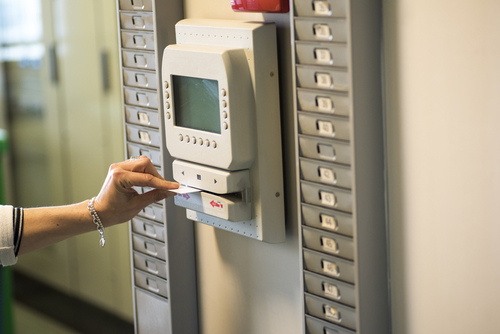Following an audit, the government asserted a claim, seeking to recover costs it had paid to the contractor. The government argued the contractor had failed to support those costs with employee time cards. The board, however, granted the contractor summary judgment. The FAR sets forth a retention date for time cards. The government had not begun its audit of the contractor until after that retention date had passed. Thus, the contractor wasn’t obligated to support its costs with time cards.
Appeal of Doubleshot, Inc., ASBCA No. 61691
Background
Doubleshot, Inc. had several DoD contracts. In 2010, the Defense Contract Audit Agency (DCAA) conducted a site visit of Doubleshot’s offices and identified major problems with the company’s accounting system—namely, that it was non-existent. DCAA deobligated funds due under Doubleshot’s contracts and directed the company to invoice the government with its final incurred cost proposals for 2009 and 2010. Doubleshot didn’t submit its cost proposals for 2009 and 2010 until September 2013.
More than two years later, in 2015, DCAA audited the 2009 and 2010 cost proposals. As a result of the audit, the contracting officer issued a final decision asserting a claim against Doubleshot, which included over $633,000 for missing time cards. The final decision noted that Doubleshot could not produce time cards for its employees so payments for those employees were not approved.
Doubleshot appealed the decision to the ASBCA and moved for summary judgment on the time card issue.
Analysis
The board reasoned that the main issue was low long Doubleshot was required to retain the time cards supporting its cost proposals. Under FAR 4.705, a contractor must retain time cards for two years from the end of the fiscal year in which it records the charges. But the FAR also provides that if a contractor does not submit its cost proposals in a timely manner, then the retention period is extended for each day the proposal is not submitted.
Here, Doubleshot’s 2009 proposal was due in August, 2009, but Doubleshot submitted it four years late in 2013. This meant that Doubleshot had to retain the 2009 until March 28, 2015. Likewise, the 2010 cost proposal was due in 2010, but Doublshot submitted it three years later in 2013. Thus, the 2010 time cards also had to be retained until March 28, 2015.
But the DCAA did not begin the audit until November 2015, after the retention date for the time cards had passed. The government thus could not deny a claim based on missing time cards that Double Shot was no longer obligated to retain.
The government argued that this was unfair, The board, however, found the unfairness argument was not well taken given that the retention period was the product of the government’s own regulations, which had been incorporated into Doubleshot’s contracts.
Doubleshot is represented by its CEO, Alan Shulman. The government is represented by Arthur M. Taylor and Srikanti Schaffner of the Defense Contract Management Agency.




